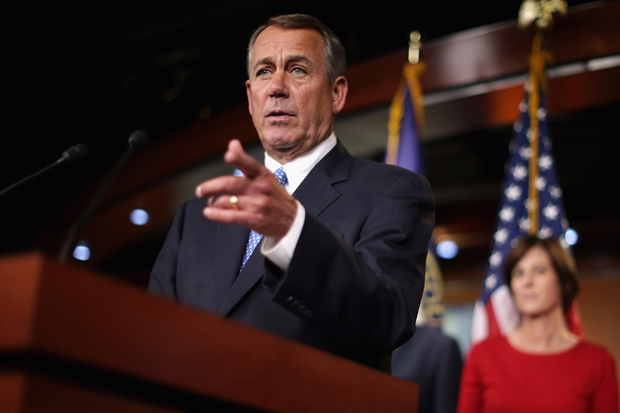Most Recent Shows
Thursday, Apr 11 2024Menopause. Once a taboo topic, the "m" word is having a moment – among celebrities, in the media, and in Washington, where President Biden recently signed an order that supports research into women's health. Dr. Sharon Malone says it's about time, and explains why understanding "the change" is critical for a woman's ability to get – and stay -- healthy.
Thursday, Apr 04 2024Donald Trump regularly ends his rallies with prayer. He has repeatedly compared himself to Jesus. And last week he started selling a version of the Bible. Robert P. Jones of the Public Religion Research Institute weighs in on Trump’s growing embrace of Christianity.
Thursday, Mar 28 2024Donald Trump has made cognitive ability a central issue of the presidential race. But he rarely talks about his own family's experience with dementia. The Washington Post's Michael Kranish on Fred Trump Senior's Alzheimer's disease and what voters deserve to know about a candidate's mental fitness.
Thursday, Mar 21 2024Donald Trump faces a cash crunch as he struggles to pay more than half a billion dollars in legal fines. Edward Luce is U.S. editor and columnist for The Financial Times. He joins Diane to break down Trump's money problems and what these penalties could mean for him and his candidacy.


